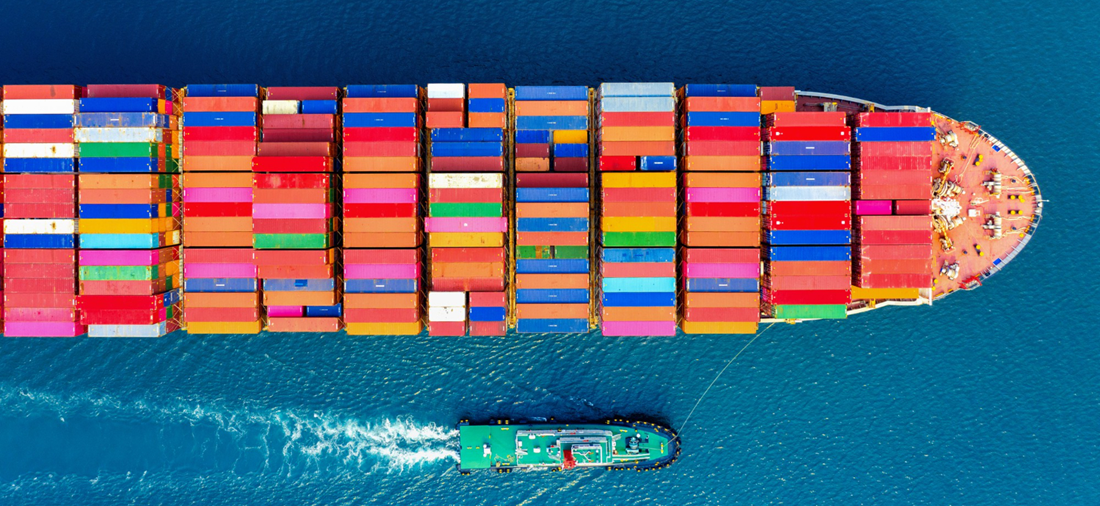
US Takes Lead in Anti-Dumping Measures Targeting Brazilian Products
Sep, 30, 2024 Posted by Gabriel MalheirosWeek 202439
In 2023, the United States imported approximately USD 233 million worth of products from Brazil that were subject to anti-dumping and countervailing measures. Of these imports, approximately 71% were manufactured goods, while 29% were agricultural products.
The United States is the country with the highest number of trade defense measures currently in effect against Brazil, with 13 measures, followed by Argentina with 12.
According to a survey by the Federation of Industries of the State of São Paulo (Fiesp), this situation reflects a shift in the international trade environment due to various factors beyond the post-pandemic context.
“The impacts of the Russia-Ukraine war, technological disruptions, and the energy transition are affecting the entire production chain,” says Gustavo Bonini, Director of International Relations and Foreign Trade at Fiesp. “Every good, every commodity, is now under scrutiny due to this transition, leading to shifts in logistics. Where a country once sourced materials and when it stopped has turned these into strategic items, prompting one country to invest in certain technologies while another aims to build reserves.”
He argues that this new context has also impacted trade defense measures. “They are absolutely legitimate and part of the rules of international trade.”
It is not coincidental that most of the measures in effect concerning Brazilian products come from the United States and Argentina, both key markets for Brazilian manufactured goods.
The chart below uses DataLiner-derived information to provide an overall assessment of the top ten most exported products from Brazil to the United States in containers in the first seven months of 2024. Readers may request a demo below.
Top Most Exported Goods in Containers to US | Jan 2024 – Jul 2024 | TEUs
Source: DataLiner (click here to request a demo)
The value of Brazilian exports subject to trade defense measures represents about 0.6% of the USD 40 billion in total annual shipments to the U.S., but they have a significant impact on specific sectors, the survey shows.
Approximately 83% of the affected exports in 2023 were concentrated in three products: carbon wire rod and alloy steel wire (in effect since 2002, with tariffs ranging from 2.76% to 98.69%), natural honey (in effect since 2022, with tariffs ranging from 7.89% to 83.72%), and aluminum foil (in effect since 2021, with tariffs ranging from 7.59% to 63.05%). These three products accounted for USD 205.1 million in U.S. imports last year.
The main sectors affected are steel, with six measures, and aluminum, with two. The measure with the highest impact in terms of the “ad valorem” tariff, applied to the value of the import operation, is the anti-dumping measure on Brazilian aluminum sheet exports, with a 137.06% tariff. Just three items accounted for approximately 80% of the measures against Brazil.
“Not long ago, the United States imposed a 100% tariff on electric vehicle imports, which is already an exception. This tariff of more than 137% shows the significance of the issue and, given the context, that it is a very strong and assertive action,” Bonini says.
He refers to the imposition and increase of additional tariffs on imports of various products originating from China under the so-called “Section 301,” including the increase, as of September 27, in the tariff from 25% to 100% on electric cars.
According to Fiesp’s technical department, studies indicate that imposing trade defense measures may lead to a reduction in export prices as a way to offset the effect of an anti-dumping tariff, for instance. Therefore, trade defense measures impact competitiveness in foreign markets, experts point out.
“There is a game, and trade defense measures are part of it. We need to know how to play,” Bonini says. To assist with this, Fiesp will launch a support guide for exporters on the 27th, with guidelines on handling such measures.
Source: Valor Econômico
Original text: https://valor.globo.com/brasil/noticia/2024/09/30/eua-lideram-acoes-antidumping-contra-produtos-brasileiros.ghtml
-
Ports and Terminals
Jan, 04, 2022
0
“Portos do Paraná” set a new handling record in 2021
-
Ports and Terminals
Feb, 09, 2022
0
Docas do Rio to refurbish the Gamboa Wharf at the port of Rio de Janeiro
-
Coffee
Jan, 26, 2023
0
China’s coffee consumption big enough to shake international trade
-
Oil and Gas
Sep, 17, 2021
0
Oil tankers on strike at Transpetro terminal in Santos

